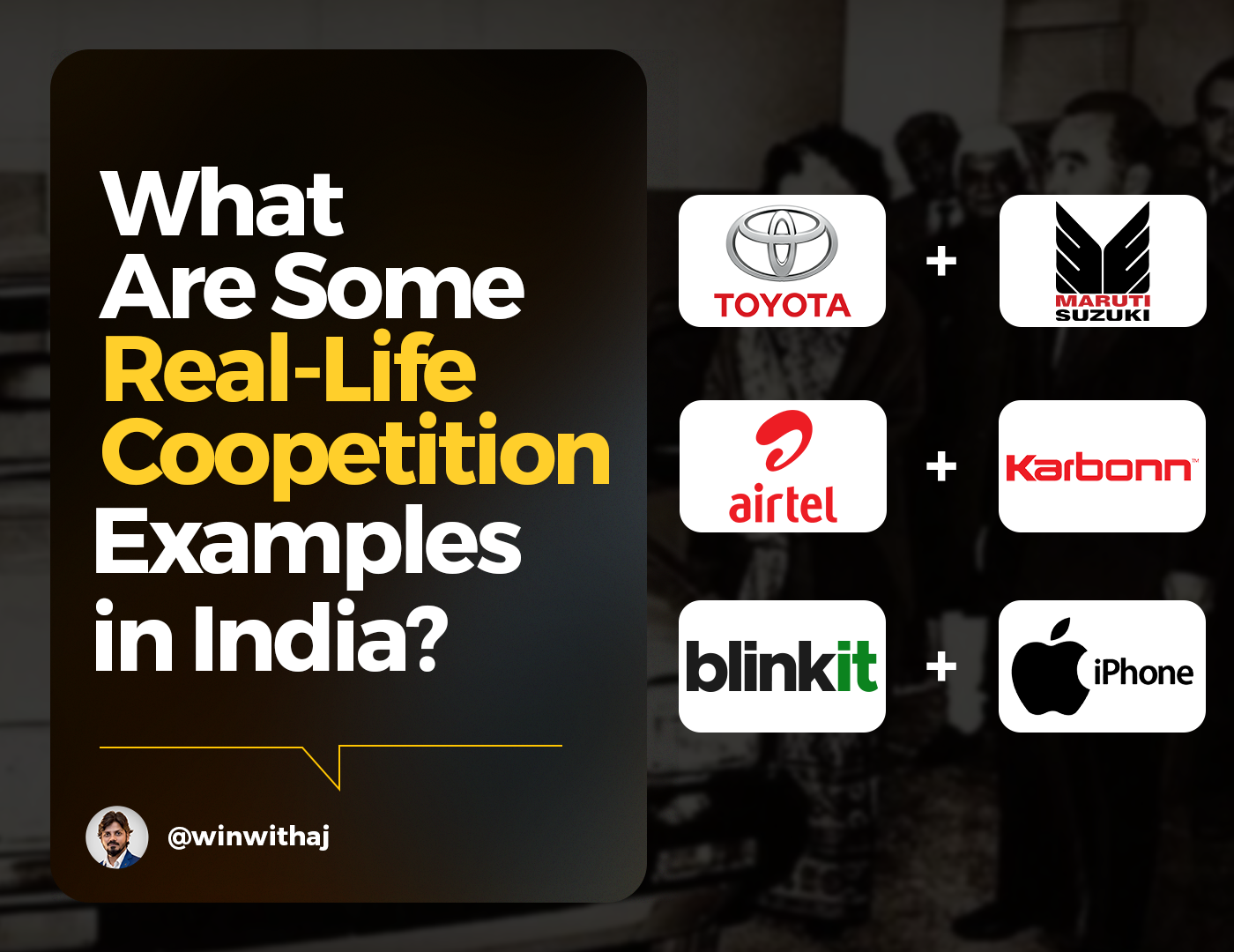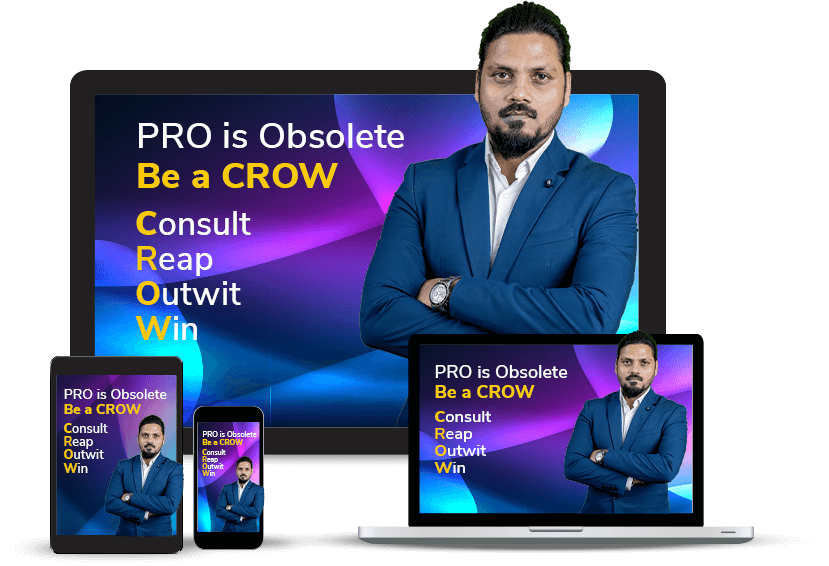
What exactly is Search Engine Optimization?
SEO is an acronym for Search Engine Optimization. It is a method that helps websites, blogs, and content to rank higher on search engines like Google, Bing, and yahoo. With SEO, the goal is to eventually rank on the top of Google searches. The significant difference between SEO and advertising – is that SEO brings in growth “organically.” Search Optimization also supports you in gaining more crucial impressions and clicks on your website or blog.
To put it simply, when one searches for “Easy way to make pancakes” in Google, the engine optimizes and explores numerous blogs, recipes, and instructions to bring you the desired results on your topmost search page.
Search Engine Optimisation is the process of enhancing the quality and quantity of traffic to a website or a web page from search engines, often Google, as according to a study, 75 percent of user searches start from Google.
Learning SEO can help you increase your visibility or rank your website higher in search results.
To fully comprehend how you can rank your website higher in the search engines, you need to first understand how search works.
How does SEO work?
SEO includes changing your website design and content to make your site more engaging to a search engine.Search engines crave to render the most reliable service for their users. That includes generating results on the search engine surfaces that are high in quality and relevant to the search.
For that, search engines will browse, or crawl, different websites to better understand the needs of the user and that helps them deliver more relevant results to those who are searching for certain topics or keywords.
Likewise, the search engines will examine your website to discover how easy it is to navigate and understand, rewarding user-friendly sites with higher rankings on the search engine results page.
SEO is the means that organizations go through to help make sure that their site ranks high in the search engines for proper keywords and phrases.
SEO benefits small business owners build fast, robust, and user-friendly websites that rank more important in search engines, which subsequently boosts in bringing more qualified potential customers to their sites and ultimately increases conversion rates.
What are the advantages of using SEO?
Here are few advantages of SEO that also signifies that how SEO strategy helps any business, website, or brand:
- Quality of traffic for any website:
The most efficient way of pulling traffic to any website organically. SEO exercises regular work with the aim of long-term success.
- Building trust and adding credibility:
Building a trustworthy relationship with customers is one of the principal purposes of implementing SEO on any website. Multiple Search Engines such as Google and Yahoo perform an essential role in increasing trust in peoples’ minds. Whenever your website gets a higher leading rank on any engine, it instantly produces a sense of faith in the individuals using that particular Search Engine.
- Influence sales and consumers:
Once established as a trusted source amongst the engine and user the sales and services will naturally rise and will help your business to build effectively.
- Assists you in keeping track:
A solid SEO strategy that has been proposed on your website will also aid you to maintain track of your conversion and leads which is pretty beneficial as it assists you in understanding what strategies are working for you.
- Gets you higher ranks:
By utilizing the appropriate keywords and implementing the right SEO techniques you get your website the highest rank in any Search Engine. Once the crawler detects the high-volume keywords in your website, it will further assist your website in achieving higher ranks.
- Increase in Social Media presence:
Social media is the new bread butter for upcoming as well as established brands. Social media presence helps the brand become more approachable and interactive.
- Best market value and shares:
When the user inspects your content on top results, it lessens the chances of your competition grabbing their attention, giving you the benefit to be more successful.
Factors that impact SEO
- Content
There’s no doubt about the one undeniable rule: Content is king.Content is efficacious in both bringing the search engines and promoting your organization to make connections with site visitors.The code to producing content that is optimized for both the search engines crawlers and your human site visitors is to conceive a mixture of varied kinds of content items that are well-written and on topics that are most suitable to your audience.
When one Googles “Easy cupcake recipes,” Google sets all its force into presenting to you what Google considers is the most excellent recipe for a cupcake that is easy, on the complete network.
The engine doesn’t just look for the easiest recipe, it strives to provide one exactly what they asked for. Google continuously aspires to give the best experience feasible by guiding one to the most prominent content it can discover.
This points out that the number one job to get started with SEO is to produce and curate high-quality content. As an easy cupcake recipe is useless with ingredients, one’s excellent SEO is futile without quality content.
You must remember these things while writing content:
Below are some of the most significant pointers to keep in consideration while designing high-quality content:
- Quality content
Previously, publishing a piece of content with a bunch of keywords was the norm. Now, content is much more solid, and several online companies have blogs they use to add substance to their site and rank higher on Google.
Constantly coming up with excellent content is difficult, but on the bright side is, one doesn’t always require creating content from scratch. One can get inspired by what others have produced and can put a spin on it and make it more in-depth.
The gist is that your content needs to resolve a problem or give a solution to whatever brought the reader to your post and if doesn’t then their clicking away will notify Google that your content isn’t answering anyone’s questions.
- Right Motive
Google puts a lot of stress on purpose. It needs to learn what the searcher is looking for when they use the search bar.
- Do they have a question?
- Are they looking for a piece of news?
- Are they shopping for something particular?
As the content creator, you want to learn this as well and use the information available to your advantage.
- Novelty
HubSpot created a standard mark confirming that posting regularly benefits Google rankings. Posting fresh content is simply one way to indicate Google your novelty content. There are loads of ideas one can still do with the content they have previously written to make it further up-to-date.
Working over and refreshing your content for correctness, repairing any faulty links, and rewriting past data with fresh statistics that are more fit are some techniques to tell Google your piece of content still earns a place on page one.
Points to keep in mind while planning Quality Content
Here are two of the most valuable tips for creating the most useful content that readers adore:
- Design a customer persona: You furthermore need to understand who your user is, what they desire, what they despise, and what brought them here.
- Split up the writing: Thanks to endless scrolling on social media and constant notifications the attention span has been on a steady decline. To avoid losing their attention add images, videos, infographics, and break up the text.
- Keyword Research
Keyword research is how you investigate popular search terms people type into search engines and add them strategically in your content so that your content ranks higher on SERP.
Keyword Research is the initial and principal step that should come before the commencement of your optimization. It is to put it simply – researching and narrowing down on the words which, a consumer will presumably search, which directly (or sometimes, indirectly) link to one’s business/products/services.
Must-remember things while selecting Keywords
Below are a few of the vital tips to keep in mind while researching keywords:
- Understand your website to generate your keyword goals
Examine your website and produce a list of all the relatable keywords. Next, create a list of all the potential keywords retaining your niche in intention.
- Competitive Analysis
This is the biggest challenge and perhaps the most significant portion of keyword research. The whole goal of the market is to be better than their competitors and be always two steps ahead of them.
10 best keyword Research Tools in 2021
- KWFinder
- SEMRush
- Long Tail Pro
- SECockpit
- SEOPressor
- SEOPowersuite
- Serpstat
- Jaaxy
- SE Ranking
- Ahrefs
- Links
Linking is still one of the most prominent parts of SEO practices.
While links are not a compulsion when using links, the quality is everything. It involves much more than the number of links you have. Forming quality backlinks is about connecting to the best experts and sources while offering value in trade for a trustworthy link.
3 Tips to Increase Your Links
- Remove alternatives: There are no bypasses in link building; one needs to take the time and develop them correctly. That includes having discussions with people, pitching your work, and showing them how you can contribute meaning to their website.
- Eliminate dangerous links: Google has the disavow device that enables you to eliminate links that might be damaging your ability to rank. Removing bonds that are irrelevant or jumped onto your profile by misfortune can better your link profile.
- Always remember internal linking: Internal linking is fundamental. External links are valuable, but forming a network of topics within the equivalent niche assists Google to crawl your site.
- Social Media
Social media is a real-time powerful tool. Social media attributes to websites and applications that are intended to enable people to share content instantly and efficiently.
- On-page
On-page SEO is the custom of optimizing single web pages to rank bigger and receive more relevant traffic in search engines. On-page applies to both the content and HTML source code of a surface that can be optimized.
Some easy Off-Page activities that can be done:
- Optimizing titles including descriptions
- Precise URL Structures
- User-friendly navigation
- Optimized internal links
- Text Formats
- Image optimization
- User-friendly pages
- Fast loading pages
- External links
- Off-page
Off-page SEO associates with the extra aspects that determine the search ranking of the website on the search pages. It refers to the promotional ventures such as content marketing, social media, and link building operated outside the limits of a webpage to increase its search ranking.
Some easy Off-Page activities that can be done:
- Creating social media community
- Backlinks
- Blogging Marketing
- Forum Posting
- Business Reviews
- Guest Blogging
- Social Media Optimization
- Affiliate Marketing
Accessible and easy tools for SEO beginners
Tools are central to the following SEO and apprehending a more solid understanding of how the industry works, below are some of the free tools one can use to optimize SEO:
- SEOQuake
This is presumably the most primary tool, but also one of the most valuable to an SEO. This tool provides one with a website’s indispensable data including its page rank, the numbers of indexed pages, and backlinks.
- Google Analytics
A must-have. Google Analytics is a free tool that the engine gives to every listed website proprietor. Google Analytics provides you entrance to real-time traffic data that can be examined and applied to make crucial decisions.
- Google AdWords Tool
Google Adwords Tool gives keyword data with ideas, recommendations, and keyword trends for all kinds of variety of keyword searches towards constructing your keyword universe.
- WordPress
WordPress is one of the most popular CMS (Content Management Systems). WordPress corresponds almost precisely to the formation and methodology that Google is scanning for when crawling and indexing web pages.
- SEMrush
SEMrush is a Site Auditor, Keyword Research, and Competitor Analysis Tool. This widget enables you to understand which watchwords seem to be well known in your specialty, related catchphrases, expressions, and terms.
- Screaming Frog SEO Spider.
Shouting Frog SEO Spider is a web crawler gear for dissecting the form of a site. You can use it to find specialized and client experience issues on a site.
- Google Trends
Find out what’s the trending news in your preferred niche/industry for absolutely free!
Conclusion
This guide covered loads of significant points one needs for getting started with SEO. The most prominent thing to retain about SEO is there are zero alternatives in this never-ending game. Apply and use the tools mentioned above and devote significant months to see and observe the strategies implemented. Update regularly, curate new content, and keep on revamping your content to keep Google crawlers coming back for more!



















